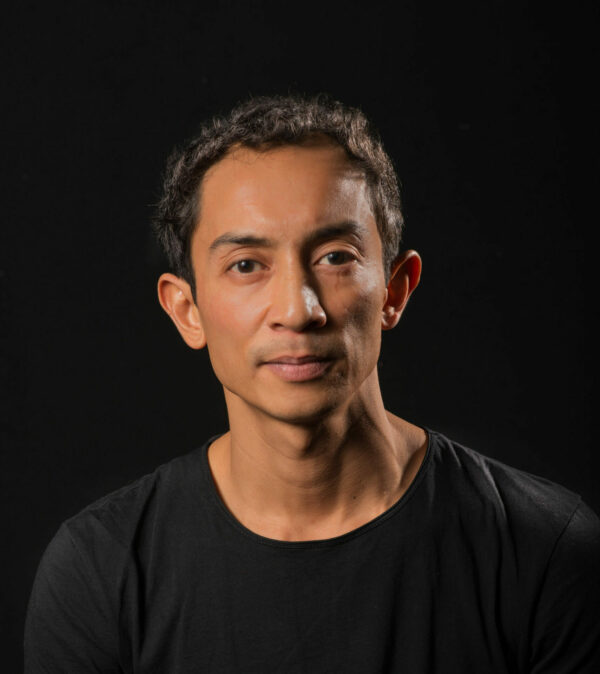
David Russo
David Russo is a dancer, choreographer and dance teacher. Trained at the John Cranko School in Stuttgart, he was a solo dancer in Saarbrücken and Munich. He has been regularly choreographing pieces since 2004, organising transdisciplinary performances in the Munich independent scene and has been a lecturer at the HMTM Ballet Academy since 2010. In 2019, he founded the TanzQuelle initiative for Munich dance professionals. He is currently the 1st spokesperson for the Tanz AK|T training conference, he is a member of the ethics commission of the Dachverband Tanz Deutschland e.V. and has co-curated various dance events and symposia.

Bettina Wagner-Bergelt
Bettina Wagner-Bergelt studied German, Romance languages and literature as well as theater and film studies in Cologne and Berlin. She was co-director of the Bayerisches Staatsballett until 2016, then artistic director of the 100 Years of Bauhaus festival in Berlin and artistic director of the Tanztheater Wuppertal Pina Bausch from 2018 to the end of 2022. She received the French Order of Merit of Arts and Letters and numerous other awards for her educational projects, founded festivals and works in cultural policy for dance. Bettina Wagner-Bergelt is active in various advisory bodies, including for the KSB, the Palucca University, the Tel Aviv Dance Academy and cultural committees, as well as for refugee aid. Today she works for European projects and as a curator and author.

Susanne Triebel
Susanne Triebel is coordinator of the internationally oriented MA Contemporary Dance Education (MA CoDE) and lecturer at BAtanz at HMDK Frankfurt. Before completing her MA in Contemporary Dance Education in 2009, she danced for several years at city and state theaters and in the freelance scene. Since 2012, she has supervised teaching projects and teaching rehearsals in MA CoDE. In the expert commission Body and Movement she is responsible for content of the offers of THE ARTIST’S BODY and advocates for the implementation of movement in artistic education. She was on the curatorial team of the 8th Biennale Tanzausbildung Stuttgart in 2022.
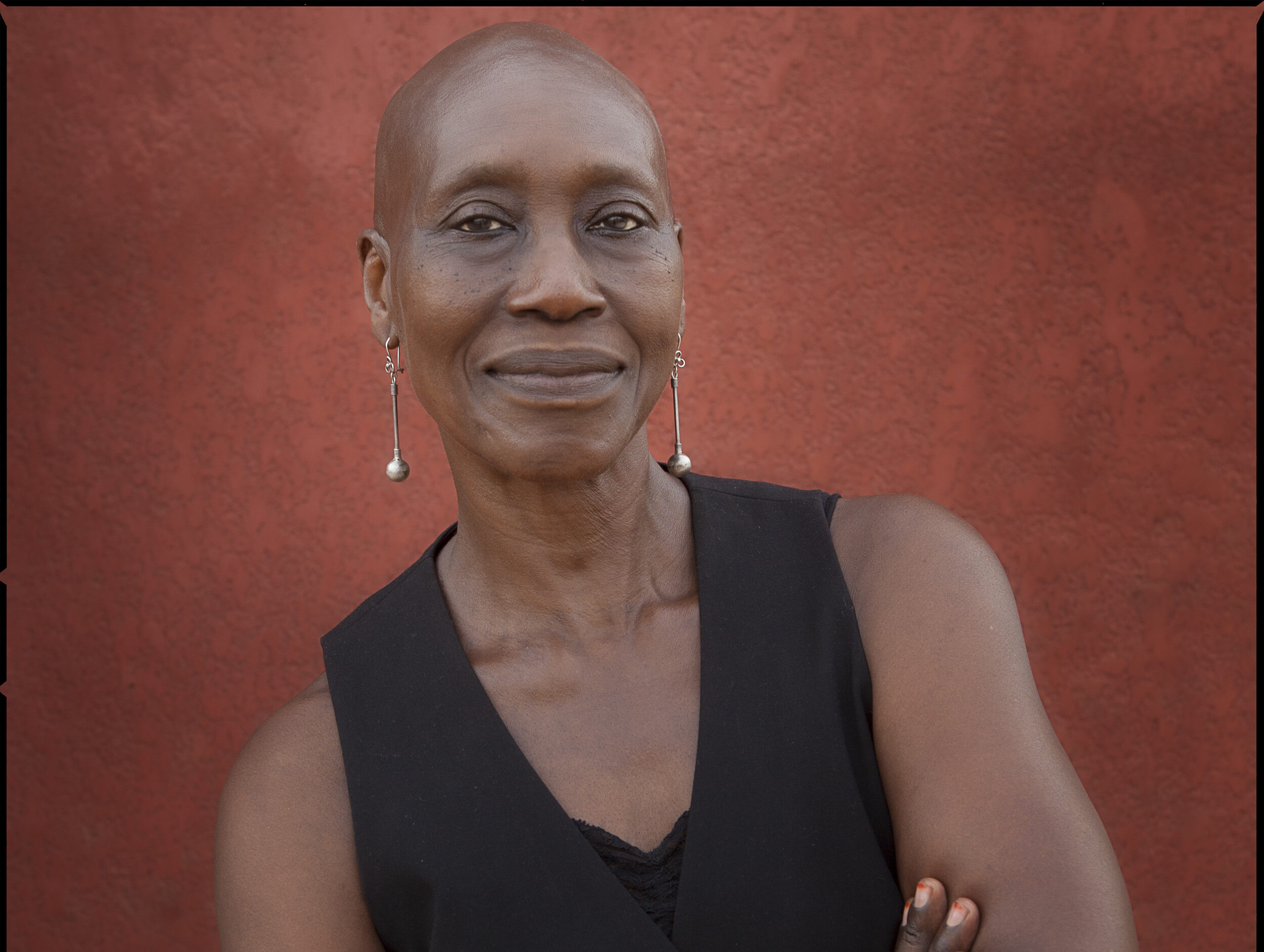
The freedom of the body
with Germaine Acogny-Vogt
Germaine Acogny’s dance technique blends traditional West African dances with Western contemporary elements, fostering bodily freedom. Inspired by nature and daily African life, movements, such as “the baobab tree” or “the deer”, are named, emphasizing a connection to breath and grounding. Classes involve a dynamic warm-up, exploration of technique movements (standing and floor barre) and combining movements into dance sequences. Acogny encourages western dancers to embrace African dance’s richness and power as a unique source of inspiration. The importance of musical collaboration is highlighted, emphasizing intuitive movement and the musician’s role in guiding dancers. Extended courses include improvisational sessions, allowing participants to integrate learned elements with their individual dance styles. Acogny’s technique provides a fresh perspective on bodily language, deeply rooted in Africa yet universally resonant.
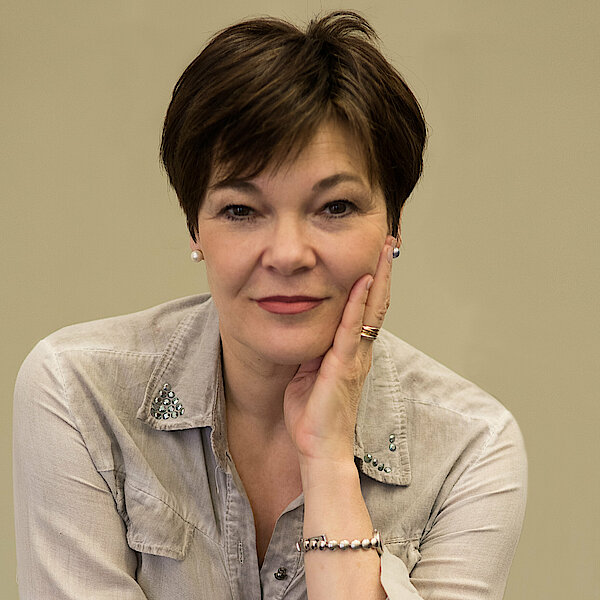
Agnès Noltenius
Prof. Agnès Nolteniuswas born in Freiburg im Breisgau and has a German and French nationality. She trained for eight years at the Paris Opera Ballet School before beginning her career as a dancer with the Ballet du Rhin in Strasbourg, where she interpreted the great roles of the classical repertoire as first soloist and performed alongside dance legends such as Rudolf Nureyev and Maia Plissetskaia. After meeting William Forsythe, she joined the ensemble of the Ballett Frankfurt in 1989, to which she remained loyal for over 13 years. Holder of the French State Diploma in Dance Pedagogy, Noltenius is regularly invited as a guest teacher of classical ballet, repertoire and expert in William Forsythe’s Improvisation Technologies at universities and companies worldwide. She has been William Forsythe‘s choreographic assistant for several years and has been given responsibility for the realisation of some of his most significant pieces – in 2003 she published DETAIL-FORSYTHE. Since October 2019, she has been director and professor of dance at the State University of Music and Performing Arts in Mannheim.
Classical Training
The classical training is suitable for all levels and for students with different backgrounds. The focus is on the relationship to space, work and coordination of the torso and arms.
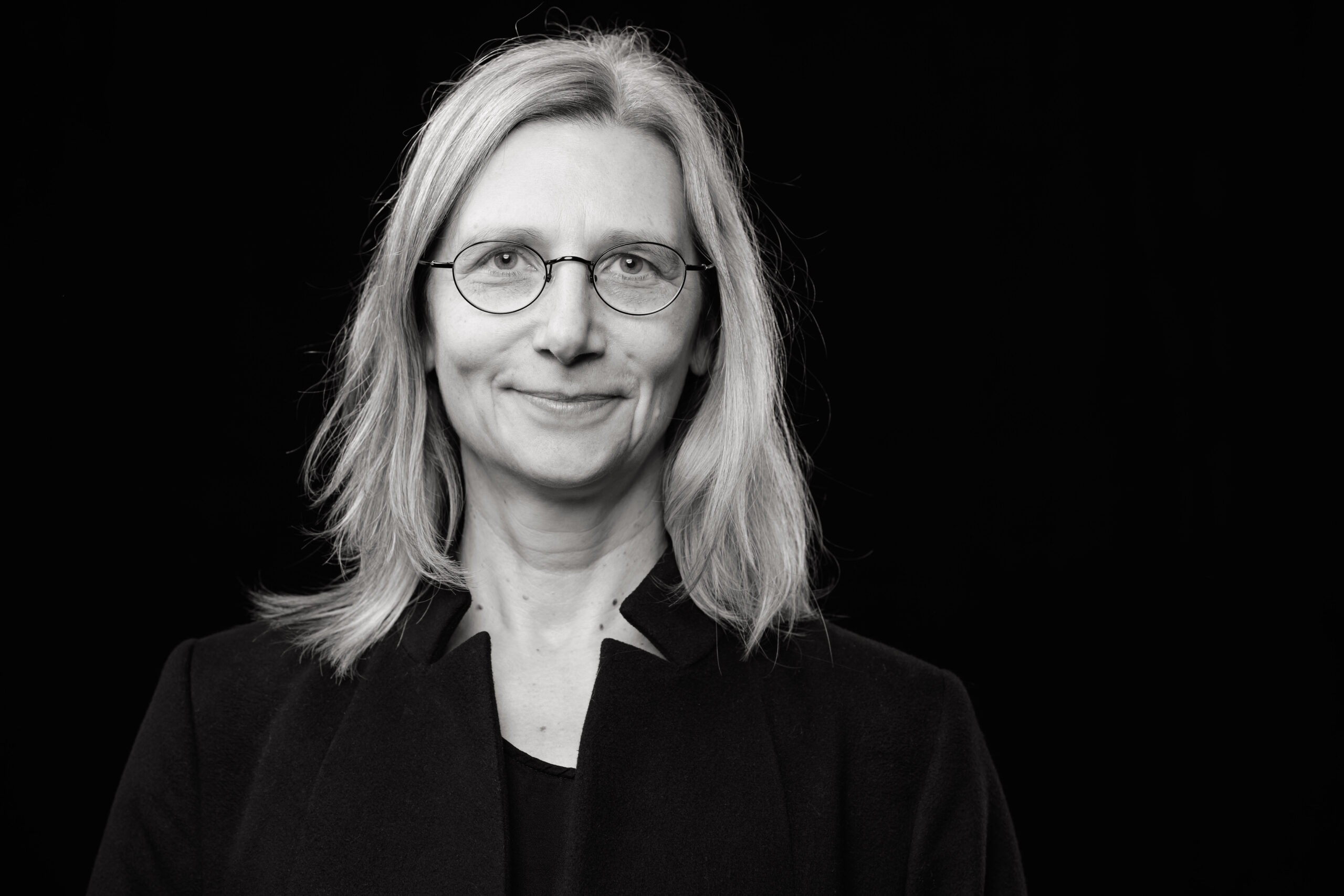
Henrietta Horn
Henrietta Horn is a choreographer, dancer and teacher. From 1999-2008 she was – together with Pina Bausch – artistic director of the Folkwang Tanzstudio. Since then she has worked as a freelance choreographer, solo dancer and teacher worldwide, including London, Damascus, Yaoundé, La Paz and Taipei.
She has received several awards for her reconstructions of Mary Wigman’s works. In 2021, Henrietta Horn was appointed Professor of Contemporary Dance at the Folkwang University of the Arts Essen.

Constanze Schellow
Dr. Constanze Schellow is Juniorprofessor for Cultures of Knowledge and Transmission at the Centre for Contemporary Dance at the University for Music and Dance Cologne. She enjoys working in interdisciplinary formats dealing with their*stories of body-based and -related cultures and economies of knowledges and practices – dance being one of them. Constanze is interested in the networks of relations between dance and other social activities.In 2016 her work has been awarded with the Dance Studies Award NRW. Recently her research project funded by the Bundesministerium für Bildung und Forschung focused on concepts and practices of ‘theory’ in contemporary dance educations in Western Europe. As a dramaturge Constanze collaborated with e.g. Eva Meyer-Keller, Simone Aughterlony and Doris Uhlich.
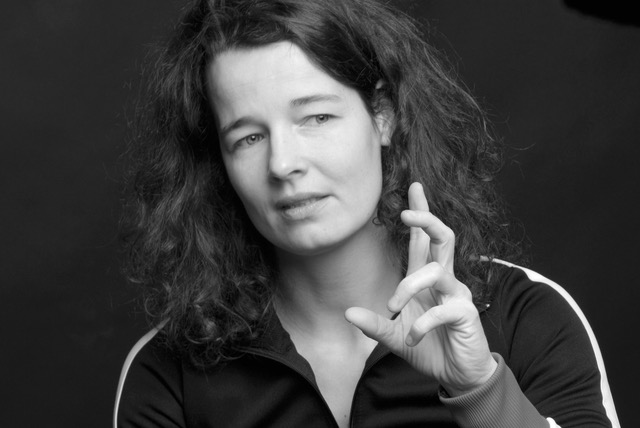
Vera Sander
Vera Sander is Professor of Contemporary Dance at the ZZT/HfMT Cologne and has played a key role in its development as director, teacher, editor and organizer. Choreographer, dancer or lecturer at Tanzforum Köln, Dansgroep Krisztina de Chatel, Itzik Galili, Semperoper Dresden, DV8, Adventures in Motion Pictures, verasanderartconnects, a.o.. Director and/or choreographer of the 5th Biennale Tanzausbildung, the Atlas-Workshops (DAAD project to promote cultural dialog with the Islamic world), in Signifying Ghosts (German Federal Cultural Foundation in TURN – Fund for Cooperation between Germany and African countries), the DAAD-funded Erasmus+ project RELAY. Current artistic works Presence through Absence deal with the phenomenon of absence.
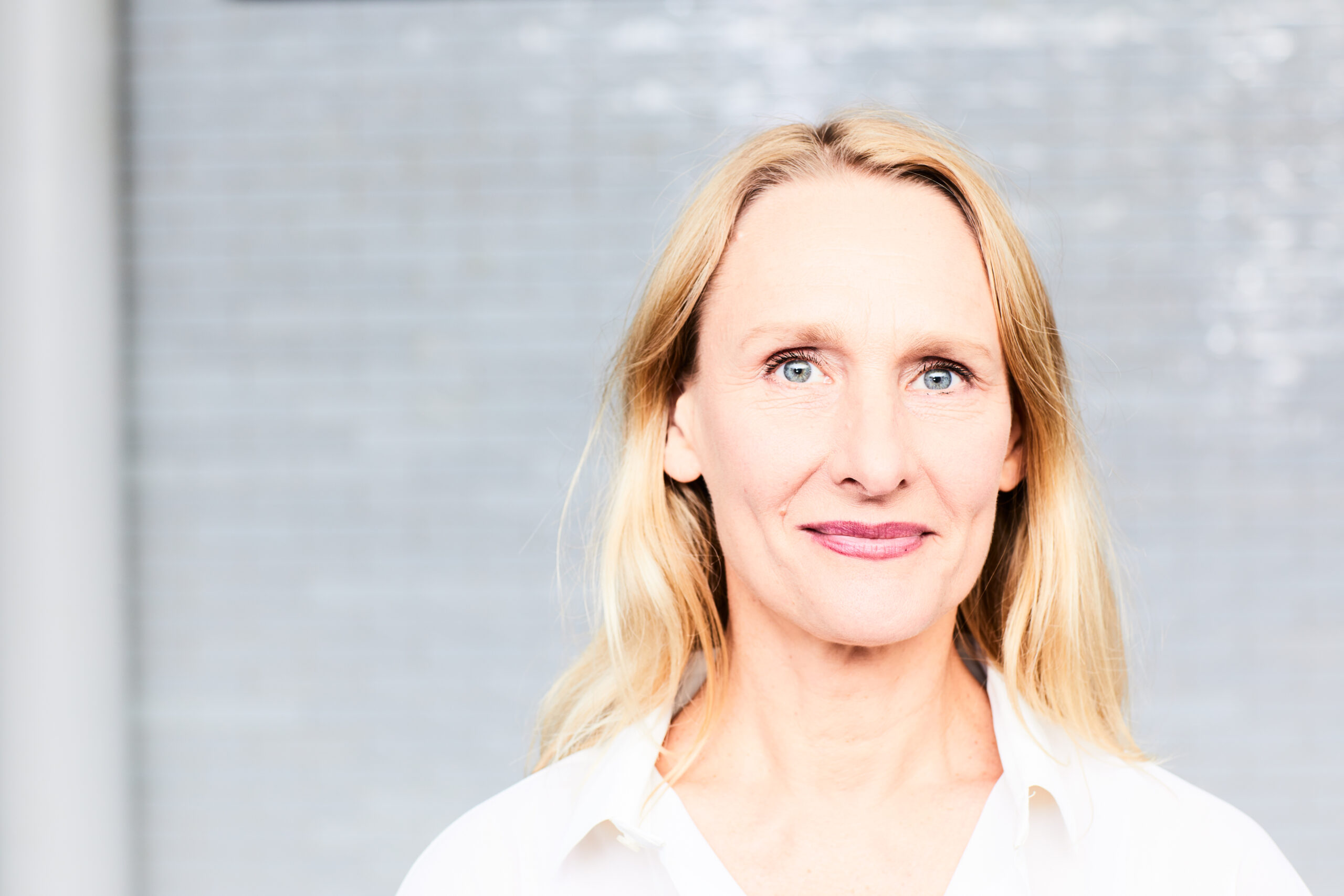
Julie Shanahan
Julie Shanahan was born in Adelaide Australia in 1962. In 1981 she graduated from the Centre for the Performance Arts. 1981-1984 she performed with the One extra Dance Company in Sydney. 1984 she joined Rheinhild Hoffmann’s Bremen Dance Theatre till 1986 and moved with the company in 1986-1988 to the Schauspielhaus Bochum. In 1988 she joined Tanztheater Wuppertal Pina Bausch as a dancer and remains to the present day as a dancer and rehearsal director. She also works as a restager of Pina Bausch’s Repertoire for the Pina Bausch Foundation. She has also made creations in recent years with Tim Etchells, Alan Lucien Øyen and Rainer Behr. In 2021 she worked as an actor for Robert Wilson in his piece „I was sitting on my patio this guy appeared I thought I was hallucinating“. In 2022 Julie Shanahan performed „L’Etang“ directed by Giséle Vienne.
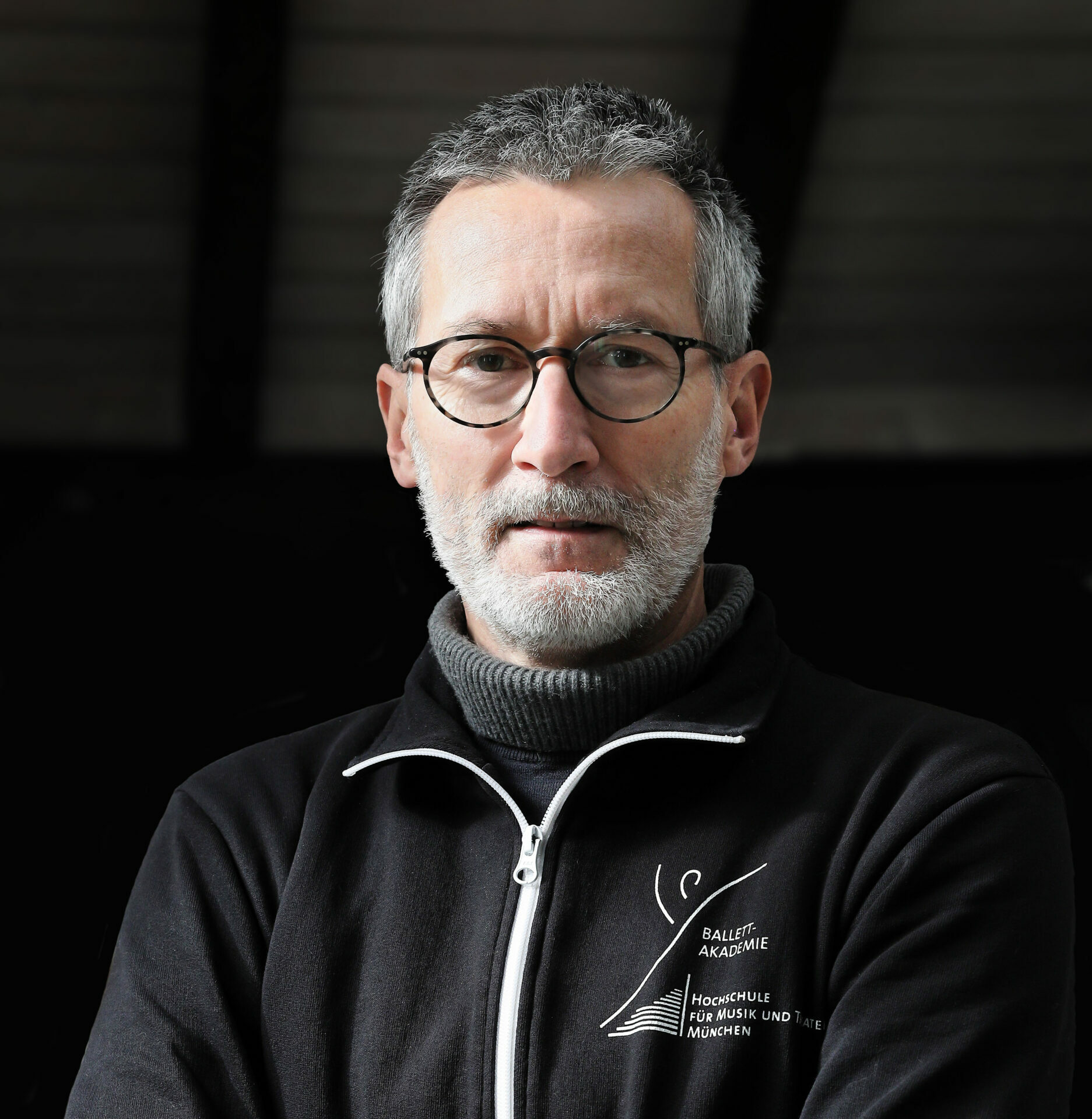
Jan Broeckx
Jan Broeckx studied at the Stedelijk Instituut voor Ballet in Antwerp, Belgium. He won the Prix de Lausanne in 1979. He was a soloist at the Royal Ballett van Vlaanderen, first soloist at the Deutsche Oper Berlin and the Bayerisches Staatsballett, Danseur Etoile at the Ballet National de Marseille Roland Petit and guest performer at many galas and in numerous companies. He later became Roland Petit’s choreographic assistant.
Since June 2010, he has been director of the Ballet Academy at the University of Music and Performing Arts Munich.